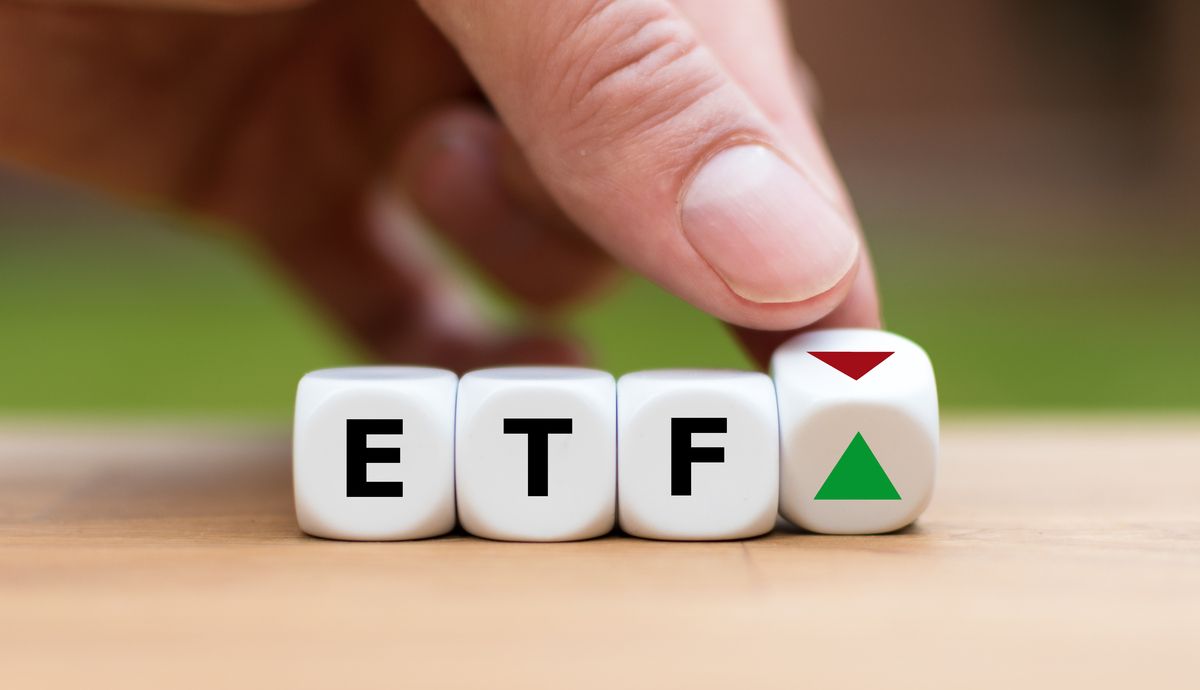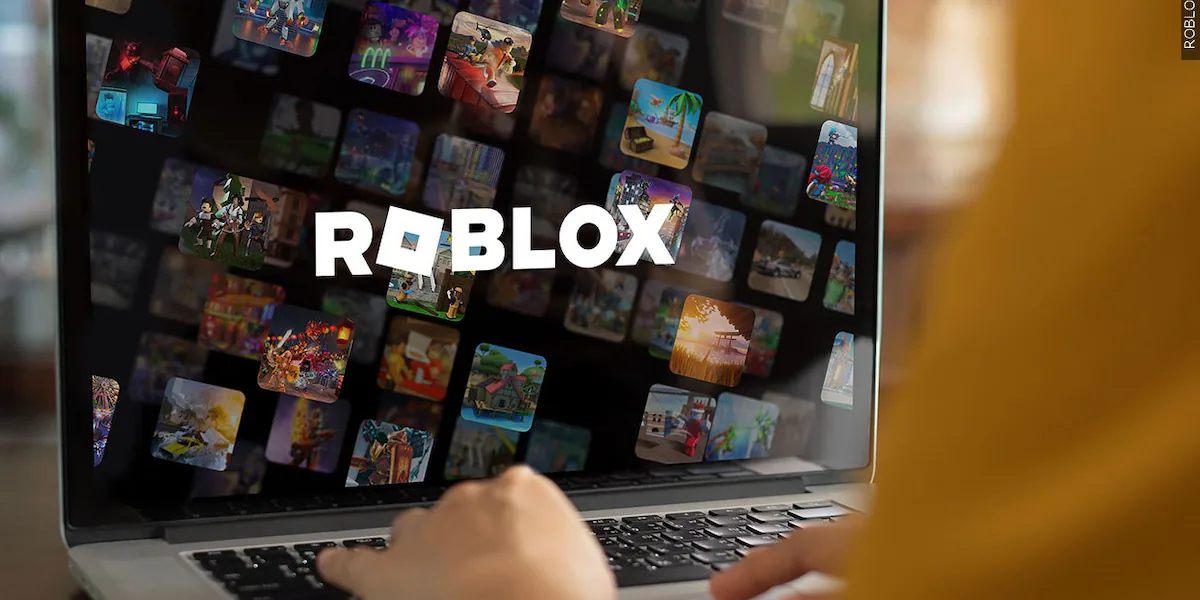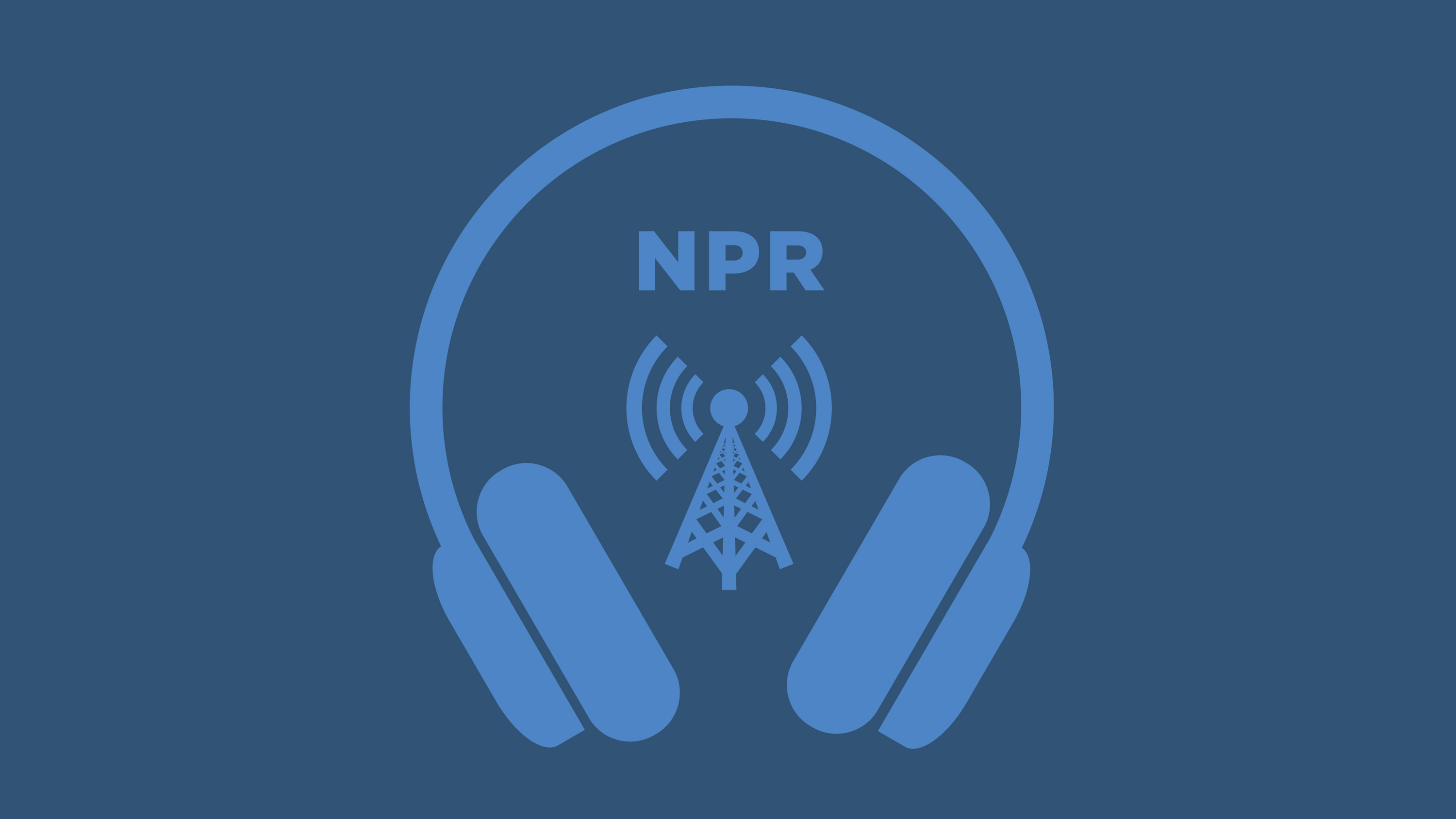Copyright thebftonline

From The Customer-centric Entrepreneur Project Ghana stands at a critical juncture in its industrial development journey. As the nation grapples with mounting plastic waste, environmental degradation, and the urgent need for sustainable economic growth, a new model of collaboration is emerging—one that harnesses the strengths of both public and private sectors to deliver transformative impact. The Mohinani rPET recycling initiative represents more than just another industrial project; it embodies a pioneering approach to public-private partnerships (PPPs) that could redefine how Ghana tackles its most pressing challenges. Beyond Traditional PPPs: A Framework for Shared Success Traditional public-private partnerships in Ghana have often followed predictable patterns: the government provides land and permits, the private sector builds and operates, and both parties share revenue. While this model has delivered some infrastructure gains, it rarely catalyses the kind of systemic transformation Ghana needs. The rPET initiative proposes something fundamentally different—a collaborative framework where the government acts not merely as a facilitator but as an active champion, co-branding partner, and strategic partner in building a circular economy. This partnership model recognises that tackling Ghana’s 900 million discarded bottles annually requires more than capital investment. It demands coordinated action across waste collection systems, regulatory frameworks, public awareness campaigns, and skills development programs. Neither government nor private sector can deliver these outcomes alone. Together, however, they can create an ecosystem where recycling becomes economically viable, environmentally beneficial, and socially inclusive. The Mohinani project demonstrates how this works in practice. While private investment brings the estimated $15-20 million needed for world-class recycling infrastructure, government brings legitimacy, policy support, and the convening power to mobilise communities. This symbiotic relationship transforms what could be a purely commercial venture into a national movement with the potential to save Ghana $27 million annually in foreign exchange while creating 3,000 jobs. Government as Champion: Leading by Example Perhaps the most innovative aspect of this PPP framework is the reconceptualisation of the government’s role from passive regulator to active champion. When government co-brands a sustainability initiative, it sends a powerful signal to citizens, businesses, and international partners that this is not just another private venture—it is a national priority aligned with Ghana’s development agenda. This championship role manifests in multiple ways. First, it means integrating the rPET initiative into broader national campaigns, such as “Clean Ghana,” creating synergies that amplify both environmental cleanup efforts and recycling infrastructure development. When citizens see government ministers promoting plastic collection alongside private sector partners, the initiative gains credibility and momentum that commercial marketing alone could never achieve. Second, government championship means streamlining regulatory processes without compromising standards. For green industries like rPET recycling, expedited permitting, strategic land allocation, and coordinated support from agencies like the Environmental Protection Agency (EPA) and Ministry of Environment, Science, Technology and Innovation (MESTI) can mean the difference between a project that launches in 18 months versus one that languishes in bureaucratic limbo for years. Third, and perhaps most importantly, government as champion means being willing to implement supportive policies that create a level playing field for recycled materials. This includes enforcing Extended Producer Responsibility (EPR) regulations, establishing minimum recycled content mandates—such as the proposed 5% rPET target for beverage bottles—and providing tax incentives that recognise the environmental and social value of recycling infrastructure. Attracting Foreign Direct Investment through Green Innovation Ghana’s traditional approach to attracting foreign direct investment (FDI) has focused heavily on extractive industries—gold, oil, and cocoa. While these sectors remain important, they represent yesterday’s investment landscape. Today’s forward-thinking investors are increasingly drawn to opportunities that combine financial returns with measurable environmental and social impact. The rPET initiative positions Ghana to tap into this growing pool of “green capital.” International investors are watching how African nations respond to the circular economy transition. Countries that demonstrate policy coherence, regulatory stability, and genuine government commitment to sustainability will attract disproportionate investment flows. Ghana has an opportunity to distinguish itself by showcasing the rPET partnership as proof that it is serious about building green industries. The numbers tell a compelling story. With virgin PET imports currently costing Ghana significant foreign exchange, an rPET facility that processes 18,000 tonnes annually does not just reduce environmental harm—it generates attractive returns while contributing to import substitution. For impact investors and development finance institutions, this combination of commercial viability and triple-bottom-line benefits is precisely what they are seeking. Moreover, Ghana’s stable democratic institutions, relatively strong rule of law, and strategic location within West Africa make it an ideal platform for investors looking to serve regional markets. An rPET facility in Ghana does not just serve Ghana’s needs—it positions the country as a circular economy hub that can eventually export recycled materials and expertise across the Economic Community of West African States (ECOWAS) region, particularly as the African Continental Free Trade Area (AfCFTA) gains traction. Green Bonds and Climate Finance: New Funding Frontiers Beyond traditional FDI, the rPET initiative opens doors to innovative financing mechanisms that are reshaping how sustainable infrastructure gets built. Green bonds—debt instruments specifically earmarked for environmental projects—have exploded in popularity globally, with issuance reaching hundreds of billions of dollars annually. Ghana has an opportunity to tap into this market by packaging the rPET project within a broader sustainable infrastructure portfolio. The beauty of green bonds is that they attract institutional investors—pension funds, insurance companies, sovereign wealth funds—that are mandated to allocate capital to environmental, social, and governance (ESG) priorities. These investors offer patient capital at competitive rates because they value the stability and impact that green infrastructure provides. For a project like rPET recycling, which delivers quantifiable environmental benefits—27,000 to 45,000 tonnes of CO₂ avoided annually, equivalent to taking 6,000 to 10,000 cars off the road—green bond financing is a natural fit. Climate finance represents another frontier. With Ghana’s commitments under the Paris Agreement and its Nationally Determined Contributions (NDCs), projects that demonstrably reduce greenhouse gas emissions become eligible for international climate funding. The rPET initiative, which uses 70% less energy than virgin PET production, aligns perfectly with these criteria. Government’s role in accessing these funds—whether through the Green Climate Fund, multilateral development banks, or bilateral climate partnerships—is critical and represents a tangible way the public sector adds value beyond what private investors could access alone. Building the Ecosystem: Beyond a Single Facility A truly transformative PPP does not just build a factory—it builds an ecosystem. The rPET initiative’s success depends on developing a robust collection infrastructure, training waste pickers and aggregators, educating consumers about recycling, and ensuring quality standards. This ecosystem development requires coordinated investment from both public and private partners. Government’s contribution includes funding public awareness campaigns, integrating recycling education into school curricula, and supporting the formalisation of the informal waste sector—where an estimated 3,000 workers currently operate without safety protections or stable incomes. Private sector partners bring operational expertise, market connections, and the ability to rapidly deploy technology and training programs. This ecosystem approach also extends to supplier development. An rPET facility needs local suppliers of logistics services, maintenance support, and ancillary inputs. By deliberately building local supplier capacity, the partnership creates multiplier effects that spread economic benefits far beyond the facility’s gates. Government can support this through targeted procurement policies and by facilitating connections between the rPET operator and local businesses. A Replicable Model for Ghana’s Future What makes the rPET partnership framework so significant is its replicability. If successful, this model can be adapted to address other sustainability challenges Ghana faces—from renewable energy to organic agriculture to eco-tourism. The principles remain constant: align public and private incentives, leverage each sector’s unique strengths, pursue triple-bottom-line outcomes, and build ecosystems rather than isolated projects. Ghana has long aspired to become a middle-income country with diversified, resilient industries. Achieving this vision requires moving beyond commodity exports and low-value manufacturing toward knowledge-intensive, sustainable industries that create quality jobs and preserve environmental capital. The PPP framework pioneered through the rPET initiative offers a roadmap for this transition. International observers are taking note. As climate change accelerates and global supply chains seek to reduce environmental footprints, countries that successfully integrate sustainability into their industrial strategies will gain competitive advantages. Ghana, through innovative partnerships like the Mohinani rPET project, has a chance to lead West Africa in demonstrating that economic growth and environmental stewardship are not competing priorities but complementary imperatives. The Path Forward: From Vision to Reality For this partnership model to deliver its full potential, both the government and private sector must fulfil their commitments. Government must move swiftly to establish enabling policies—the minimum recycled content mandates, EPR enforcement, tax incentives, and streamlined permitting that make recycling economically competitive with virgin materials. Private sector partners must invest not just in infrastructure but in community engagement, worker training, and transparent operations that build public trust. The coming months will be critical. As Ghana moves from advocacy to implementation, the strength of this public-private partnership will determine whether the nation’s recycling ambitions remain aspirational or become an operational reality. The stakes could not be higher—$27 million in annual savings, 3,000 jobs created, 27,000 tonnes of CO₂ avoided, and a cleaner, healthier environment for all Ghanaians. Public-private partnerships, when structured thoughtfully and executed with genuine commitment from all parties, represent more than a financing mechanism—they embody a new social contract for industrial development. One where profit and purpose align, where private innovation serves public good, and where Ghana charts a course toward prosperity that does not sacrifice its environmental heritage. The Mohinani rPET initiative is showing the way.



